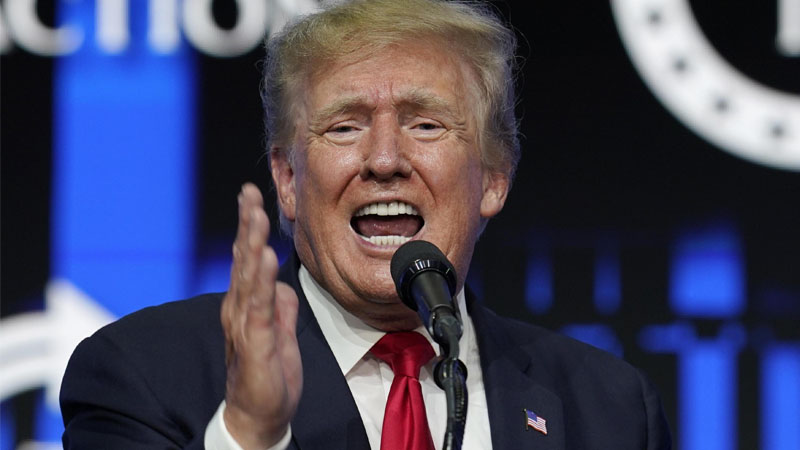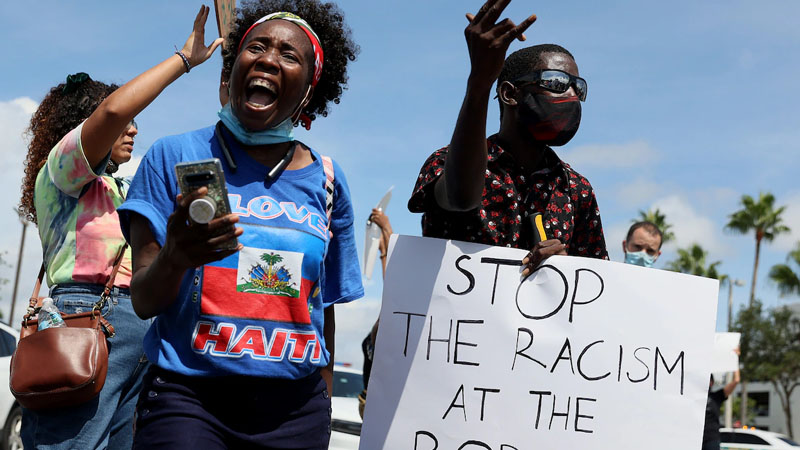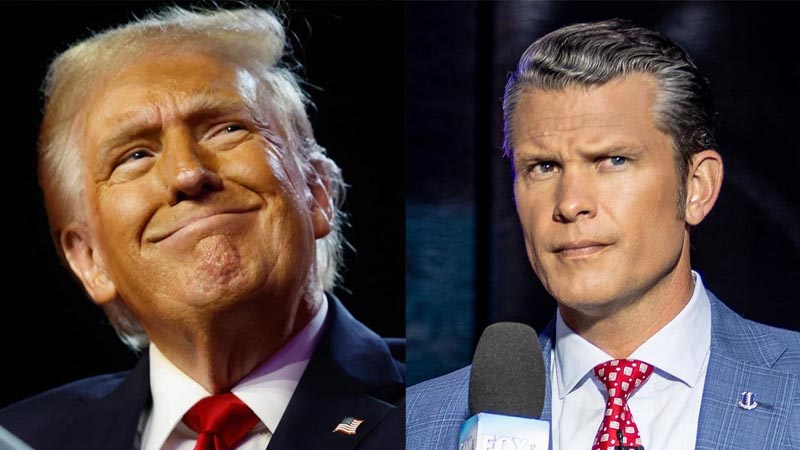‘Questionable people with skeletons in their closets’ partied at Mar-a-Lago, just steps away from nuclear secrets

Image Source: The Times
It’s not clear why former President Donald Trump kept top-secret government documents at his Mar-a-Lago resort, but even longtime members of the club were concerned about the clientele in recent years.
Former intelligence officials said members, guests, and employees could all have been targets for foreign spies, according to The Guardian, which reported that the former president hosts nightly disco parties at the Palm Beach resort, where guests unwittingly danced and drank just footsteps away from thousands of government documents, including nuclear secrets and other highly sensitive material.
Since Trump became president and began treating the property as the “winter White House,” security has been an issue at the private club, with a teenager slipping past guards in 2018, two Chinese women caught trespassing with suspicious electronic devices, and a Ukrainian-born woman meeting the former president himself last year while posing as a member of the Rothschild family, as per the Raw Story reported.
“The club used to be serious money, serious players in the business, some really big players through the years have been members,” said one longtime member. “The new members of the club are a little bit MAGA. It’s very eclectic, a lot of foreigners, people that have made money in cryptocurrency, Oklahoma, and fracking money. It looks more like the menagerie at the Trump Hotel in Washington.”
The foreigners stood out, especially to this member, who hadn’t seen many before Trump became president. “A lot of different people there that they didn’t really have before,” that member said. “You’ll have Chinese people, you’ll have maybe some additional Arab people.”
Every year, the club hires 80 to 90 foreign workers, and while they are vetted, they still pose a security risk.
“The fact that four years ago, the Secret Service vetted the guy who serves Trump Diet Coke 12 times a day, doesn’t mean that that guy is invulnerable to a $200,000 payment from a foreign intelligence agency,” said Frank Figliuzzi, a former FBI assistant director for counterintelligence.


